Environmental stewardship
Environmental stewardship
In This Section
Review California AB-1305 compliance disclosures on our greenhouse gas emissions reduction efforts.
We believe that where we live and the air we breathe profoundly impact our health.
And we know that a changing climate is harming people’s physical and mental health.
This is why we’re committed to doing business in a way that keeps the environment healthy and protects our members and communities — particularly those most vulnerable — from the worst impacts of extreme heat and cold, wildfires, and other climate threats.
We were the first health care organization in the U.S. to be certified carbon neutral in 2020. But the work does not stop there.
We’ve pledged to reduce greenhouse gas emissions by 50% by 2030, with a goal of reaching net zero by 2050. We will:
- Purchase medical products, facility supplies, and building materials that meet our environmental standards
- Reuse, recycle, or compost more waste (excluding medical and hazardous waste) and reduce the toxicity of waste
- Improve our water and energy efficiency
Learn more by reading our Sustainability Report.
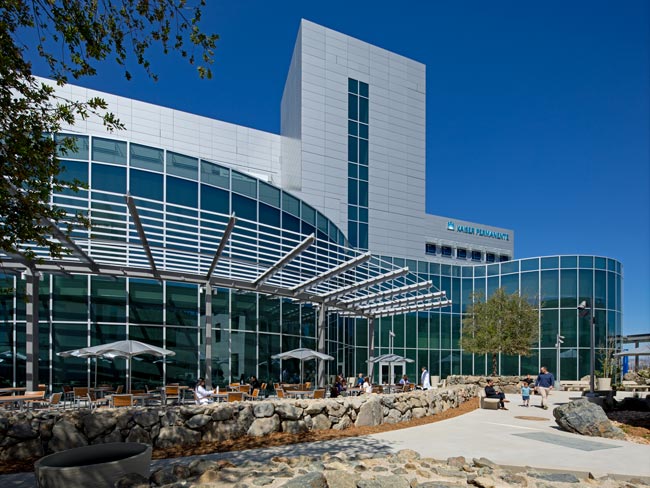
October 16, 2024
Leading in sustainable building design
Kaiser Permanente tops LEED health care facility rankings, demonstrating …

September 23, 2024
Leading change
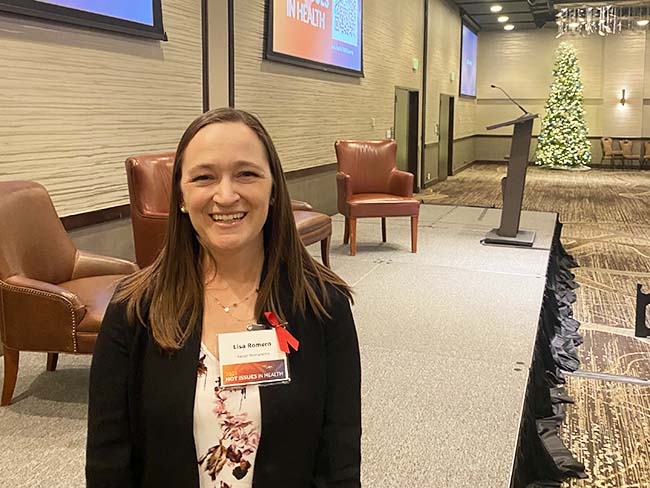
December 15, 2023
Climate change is already affecting our health
The health care industry is responsible for 8% to 10% of harmful emissions …

September 8, 2023
Regulated waste settlement in California
We are committed to the well-being of the environment and protecting the …
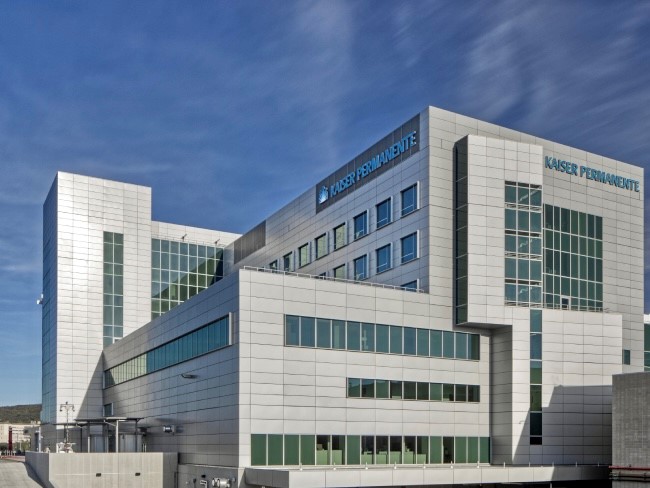
August 7, 2023
Kaiser Permanente opens new medical center in San Marcos
The new medical center in San Diego County expands access and care for …

August 16, 2022
Our support for the Inflation Reduction Act
A statement from chair and chief executive Greg A. Adams on the importance …
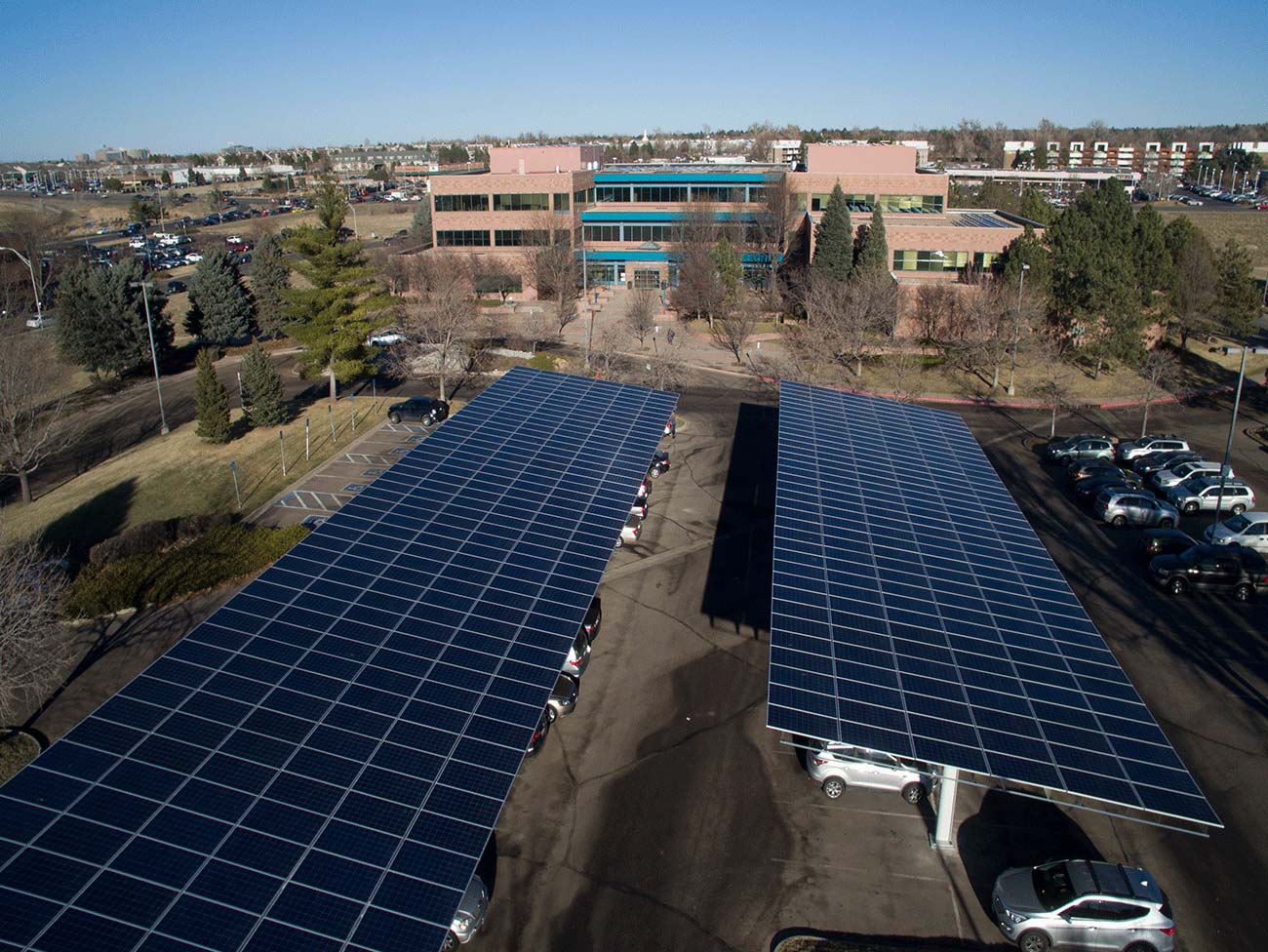
July 31, 2018
Climate action

April 19, 2018
Wasting nothing: Recycling then and now
Environmentalism was a common practice at the Kaiser shipyards long before …
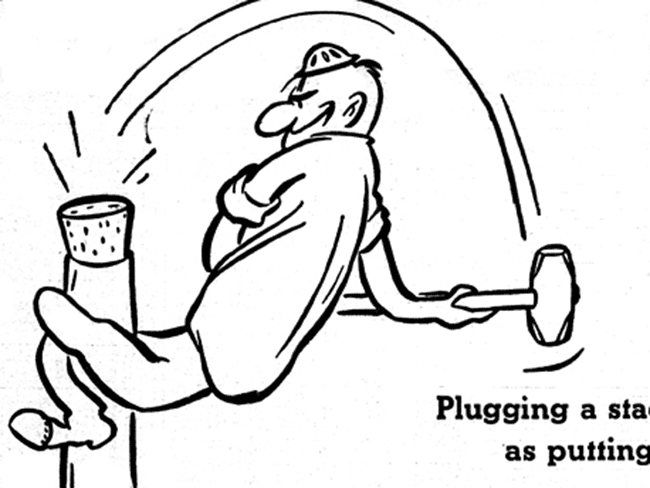
April 20, 2016
Henry J. Kaiser’s environmental stewardship
Since the 1940s, Kaiser Industries and Kaiser Permanente have a long history …
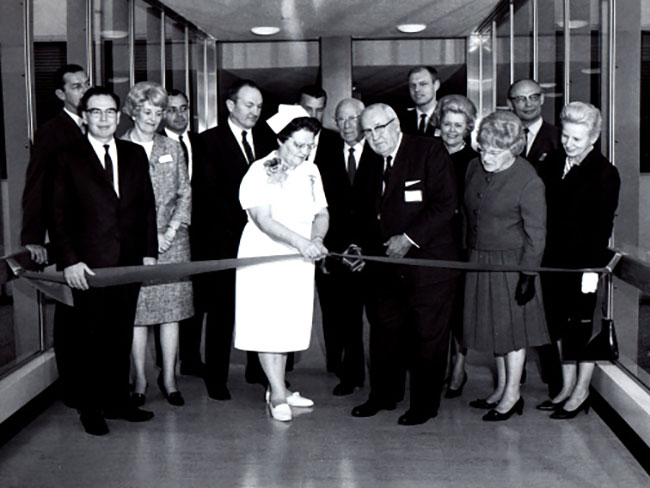
October 8, 2013
Northwest Region started small and grew fast
Kaiser Permanente remained and opened the Northwest Region after World …
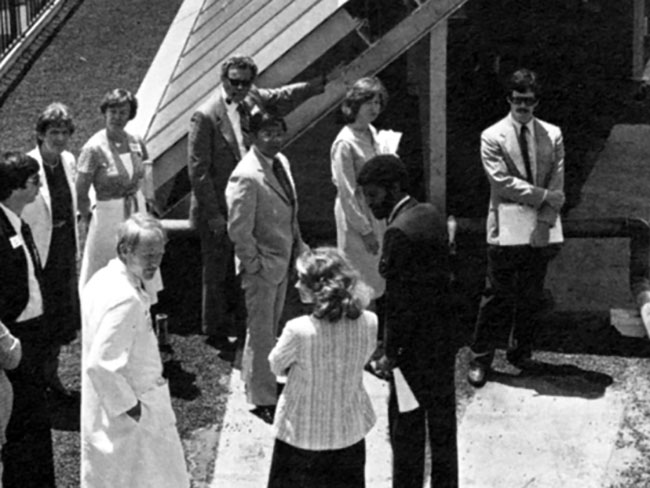
September 23, 2013
Kaiser Permanente pioneered solar power in health facilities in 1980
Santa Clara Medical Center hosted a solar panel project in 1979 to demonstrate …

October 20, 2010
Our long-standing commitment to sustainability
Kaiser Permanente invited Rachel Carson to speak after she published "Silent …